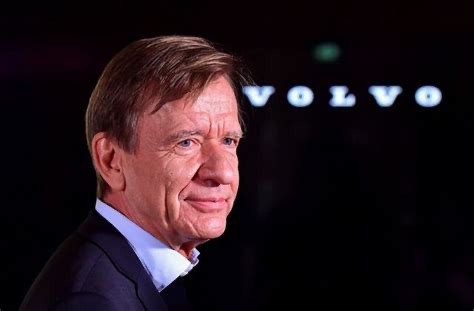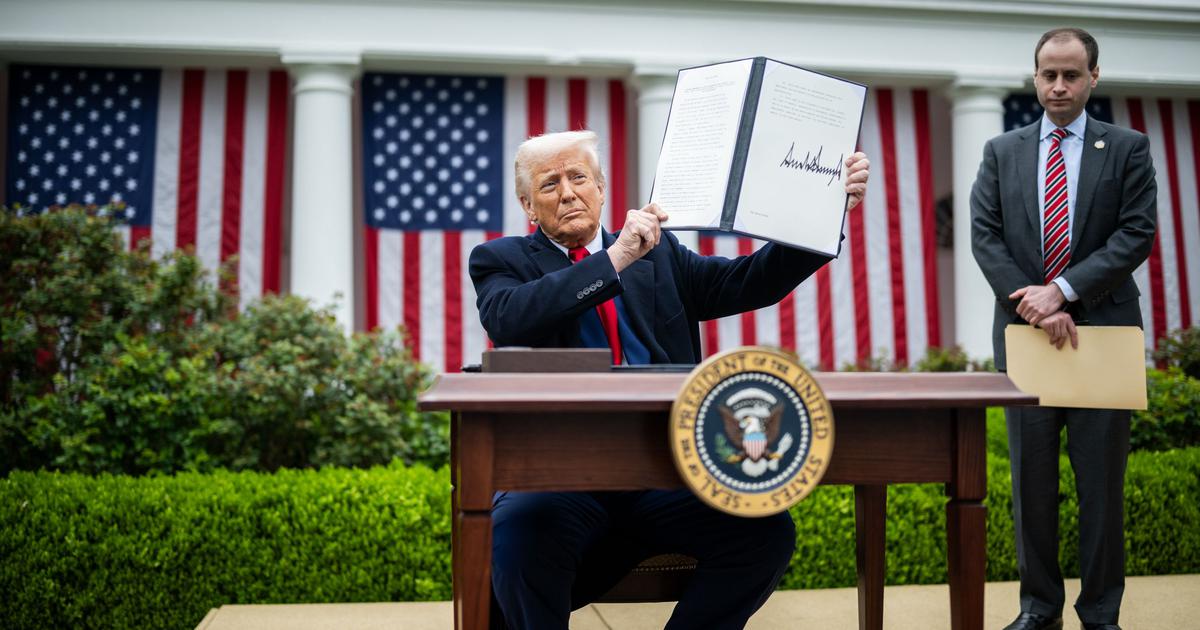New Kearney report highlights the success of open immigration policies and innovation in driving economic growth in the Middle East
In a significant achievement for the United Arab Emirates, Dubai and Abu Dhabi have tied for first place globally in ease of entry for global talent, according to Kearney’s latest Global Cities Index (GCI). This ranking underscores the cities’ strategic efforts to attract and retain foreign talent amid global economic shifts. Dubai saw a notable 10-place increase in innovation within the global cities outlook, further solidifying its status as a leading global city.
The Kearney Global Cities Index measures the connectivity and global character of the world’s most influential metropolitan areas, assessing them against five key dimensions: human capital, information exchange, cultural experience, political engagement, and business activity. In this year’s report, Dubai retained its position as the top city in the Middle East and North Africa (MENA) region, ranking 24th globally and marking its place in the top 25 for the fourth consecutive year.
Ease of Entry as a Key Metric
The ease of entry metric is a new addition under the human capital dimension, emphasizing how effectively these cities are attracting talent. The report highlights how Dubai and Abu Dhabi have successfully implemented open immigration policies to draw skilled workers from around the world. This strategy has become crucial in the face of global economic and geopolitical challenges, enabling cities to demonstrate adaptability and resilience.
Abu Dhabi and Dubai’s rankings were bolstered by strong performances in the global services sector, which has become increasingly vital for economic diversification in the Gulf Cooperation Council (GCC) region. Riyadh and Dammam in Saudi Arabia also showed impressive adaptability, with Dammam experiencing a remarkable 19-rank increase in business activity, attributed to a 71% rise in its services sector.
Emerging Globalization and Innovation
The Global Cities Report analyzes the emerging trends in globalization, emphasizing a more distributed and networked economy. As Rudolph Lohmeyer, Kearney Partner at the National Transformations Institute, noted, “As patterns of global trade and capital flows shift, cities in the Middle East have enormous opportunity to leverage their strategic location, robust economies, attractive immigration policies, and underlying digital infrastructure to not only mitigate risks but also propel economic growth.”
The report indicates that despite facing global trade tensions and a downturn in foreign direct investment (FDI), many cities, including Dubai, Makkah, and Muscat, have managed to sustain innovation. Dubai’s innovation rank improved by 10 spots, while Makkah and Muscat also climbed in the rankings due to increased private investment.
Facing Environmental Challenges
While the report paints a positive picture of economic resilience and talent attraction in Middle Eastern cities, it also highlights the growing environmental challenges exacerbated by climate change. Urban centers, as significant consumers of energy and contributors to greenhouse gas emissions, face dual roles as both victims and culprits of climate-related issues. The report calls for cities to adopt a systems-oriented approach to sustainability, addressing challenges holistically rather than as isolated incidents.
In conclusion, the joint top ranking of Dubai and Abu Dhabi in ease of entry for global talent reflects their commitment to innovation and economic diversification, setting a benchmark for cities worldwide. As they continue to adapt and thrive amidst global uncertainties, the UAE is poised to remain a key player on the international stage.















